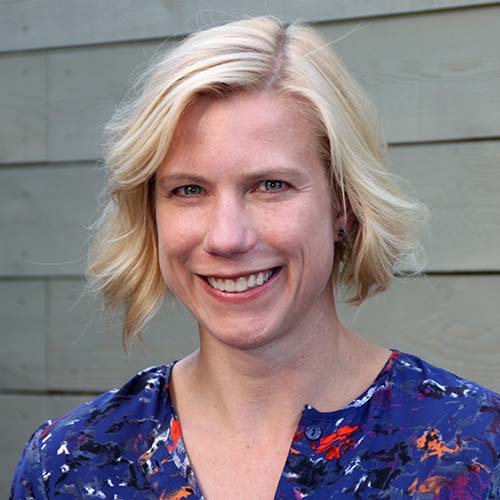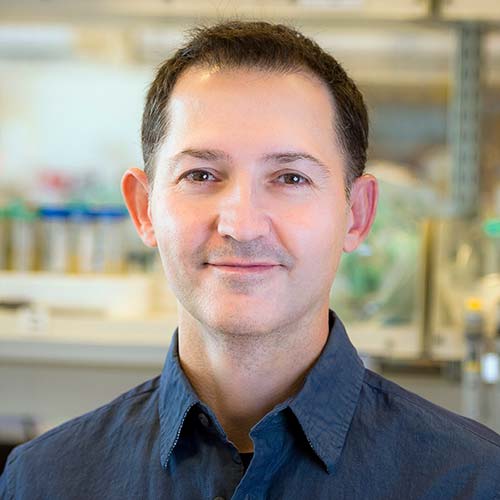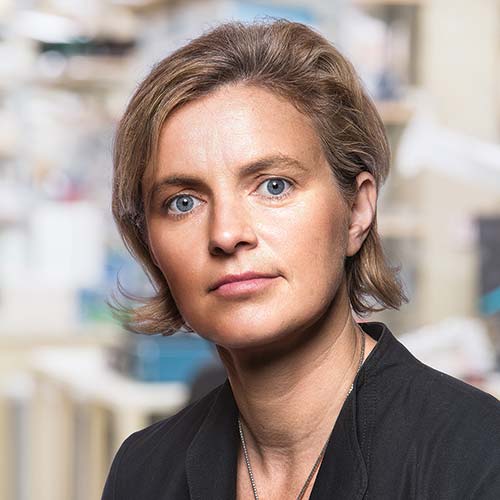Three UC San Diego Biologists Receive Howard Hughes Medical Institute Faculty Scholar Awards
Published Date
By:
- Erika Johnson
Share This:
Article Content
Three UC San Diego Biologists Receive Howard Hughes Medical Institute Faculty Scholar Awards
Three University of California San Diego professors in the Division of Biological Sciences have been named Faculty Scholars by the Howard Hughes Medical Institute (HHMI), the Simons Foundation and the Bill & Melinda Gates Foundation. Honorees include Professor Samara Reck-Peterson and Professor Gürol Süel as well as Associate Adjunct Professor Clodagh O'Shea.
Reck-Peterson, Süel and O’Shea were among 84 scholars across the nation chosen this year by the institute from over 1,400 applicants. The HHMI Faculty Scholars program supports early career researchers who have strong potential to make groundbreaking contributions to fundamental problems in diverse areas of biology. The goal is to provide basic researchers and physician scientists with the time and freedom to pursue difficult, long-range questions in creative, collaborative and interdisciplinary ways. Each researcher receives a five-year grant in the range of $600,000 to $1.8 million.
Learn more about this year’s UC San Diego HHMI Faculty Scholars:

Professor Samara Reck-Peterson
Samara Reck-Peterson, PhD
Professor, Cellular and Molecular Medicine and Section of Cell and Developmental Biology, Division of Biological Sciences
HHMI-Simons Faculty Scholar
Samara Reck-Peterson wants to understand the driving factors behind microtubule-based transport within cells. Microtubule networks and the motors that move on them stretch throughout cells and play critical roles in cellular processes such as division, development, and neuronal function. Deciphering the overarching principles that regulate and support the transport system could help reveal how even subtle disruptions can lead to neurological disease.

Professor Gürol Süel
Gürol Süel, PhD
Professor, Molecular Biology
HHMI-Simons Faculty Scholar
Gurol Suel studies how bacteria coordinate their behavior to collectively organize into communities called biofilms, which have a higher resilience against antibiotics. His research suggests that, similar to neurons in the brain, bacteria use electrical cell-to-cell signaling mediated by ion channels to coordinate their action.

Associate Adjunct Professor Clodagh O’Shea
Clodagh O'Shea, PhD
Associate Adjunct Professor, Molecular Biology, UC San Diego and the Salk Institute for Biological Sciences
HHMI Faculty Scholar
Clodagh O'Shea wants to understand the mechanisms of cancer growth, and she has turned to a common respiratory pathogen, adenovirus, for help. O'Shea discovered that adenovirus genetics and replication machinery hint at how cancer proliferates. Using the virus as a model, she hopes to decipher the principles that govern cancer growth and apply that knowledge to create more effective treatments.
Share This:
Stay in the Know
Keep up with all the latest from UC San Diego. Subscribe to the newsletter today.



